The duration CBD remains in your body varies based on factors like dosage, CBD form, individual metabolism, and more. CBD presence can range from several hours to around a month. This timeframe is influenced by the amount taken and the method of consumption.
The half-life of CBD in your body varies between 1 hour and up to 5 days. Half-life signifies how long it takes for half the substance to be eliminated. Generally, a drug is cleared from the body within four to five half-lives.
The half-life spans from 1.4 to 10.9 hours for CBD sprays and drops. Consistent oral CBD use can extend it to 2 to 5 days while smoking CBD results in a half-life of 31 hours.
In practical terms, CBD sprays remain detectable for 10 hours to around two days, consistent oral use might retain CBD for 10 to 25 days, and smoking CBD might lead to detection for roughly a week.
What Factors Affect How Long CBD Stays in Your System?
Several factors impact how long CBD remains in your body.
Dosage
Like many substances, a larger dose of CBD means it will stay in your system longer.
Frequency of Use
How often you use CBD affects its duration in your body. Regular use allows CBD to accumulate over time. Trying it consistently for a week is advised to gauge its effectiveness. Infrequent usage results in quicker clearance from your system.
Individual Differences
Every person’s body is unique, leading to varying responses to CBD and other substances.
Body Composition
Factors like body mass index, water content, and metabolism influence how long CBD stays in your system.
Diet
What, when, and how much you eat matters. Eating delays CBD’s peak concentration in your blood, often resulting in higher levels than when taken on an empty stomach. The elimination of CBD is also slower when consumed with food compared to fasting periods, where no eating occurs for a specific time.
How You Take CBD Affects Its Duration in Your System
How you consume CBD impacts its effects’ onset, duration, and how long it remains in your body.
CBD can be taken in various forms, including:
- oils and tinctures
- pills and capsules
- edibles
- vaping
- creams and lotions
Vaping CBD leads to quick effects and rapid elimination, but it’s advised to avoid vaping due to potential risks. Oils and tinctures absorbed under the tongue enter the bloodstream faster and are more extended.
Edible CBD is metabolized by your digestive system, which takes time. Creams and lotions also have a slow entry and exit from the body.
How Soon Do CBD Effects Start?
The time it takes for CBD’s effects to be noticeable is influenced by the same factors that affect its duration in your body.
The CBD form you use, the dosage, and body composition all contribute, making it challenging to predict the onset and effects.
Typically, you might start feeling the effects of vaping or using CBD sublingually within about 15 minutes. On the other hand, edibles and topical products may take up to an hour or two to take effect.
How Long Do CBD Effects Last?
Once again, this varies based on your body, dosage, and method of use. In general, CBD effects can persist for 2 to 6 hours.
In most cases, CBD won’t trigger a positive result on a drug test. However, if your CBD product has THC, it might show up. THC is the primary active compound in cannabis that causes the sensation of being “high.”
Keep in mind that some CBD products have small amounts of THC. Depending on the product’s composition and quality, you could test positive on a drug test.
To address THC concerns, consider the type of CBD product you’re using. Here’s a simple breakdown:
Full-spectrum CBD: These extracts contain all the natural compounds found in the plant, including THC.
Broad-spectrum CBD: Similar to full-spectrum CBD, but with THC removed through processing.
CBD isolate: This option contains only CBD, with no THC.
If you opt for full-spectrum CBD, make sure it’s derived from hemp rather than marijuana. Legally, hemp-derived CBD must contain less than 0.3 percent THC.


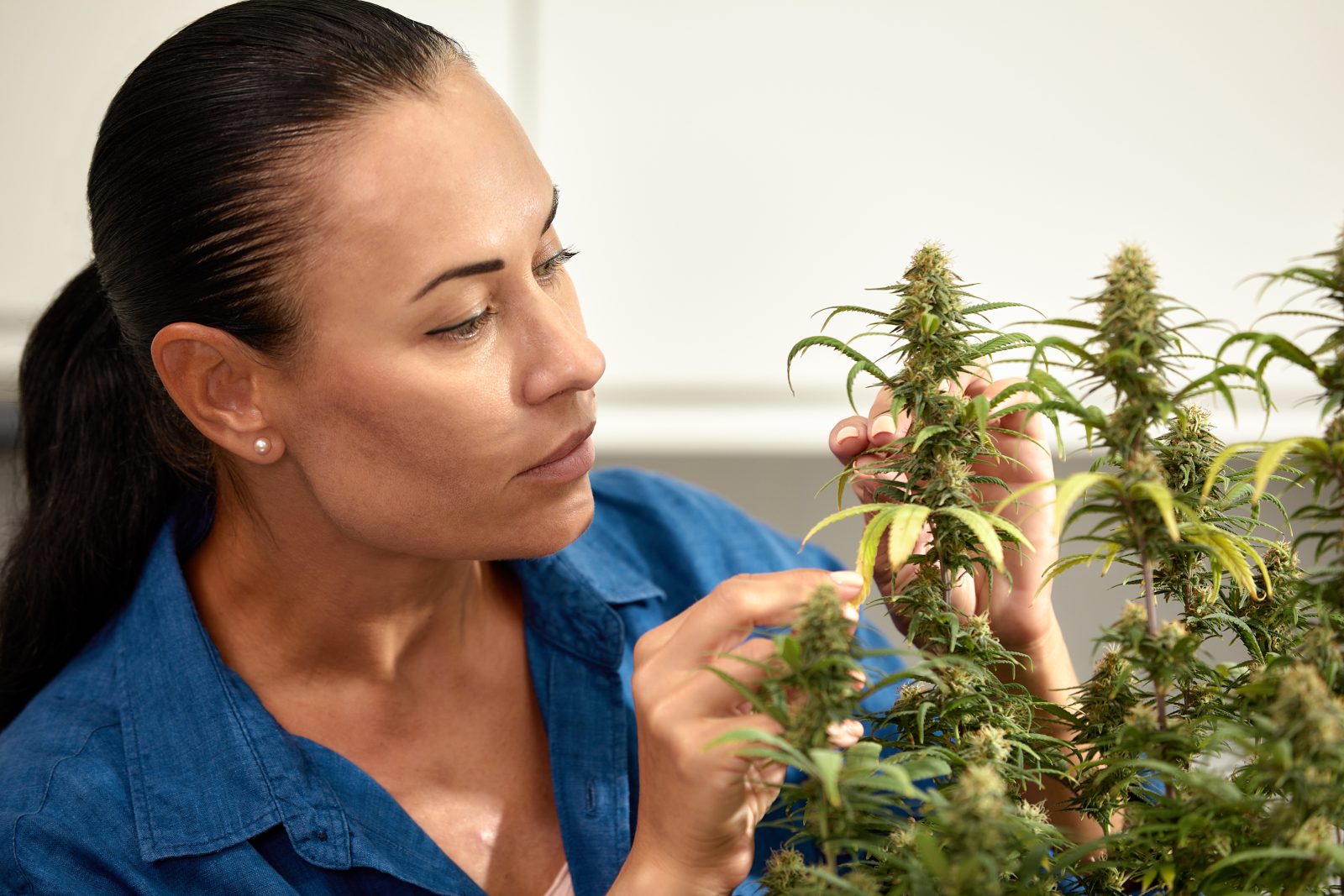
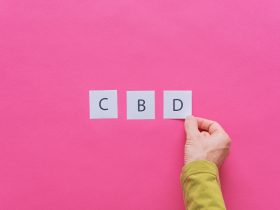








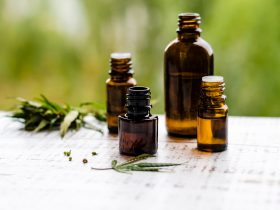
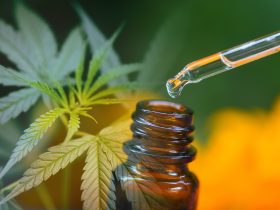

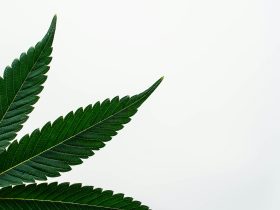
Find Us on Socials